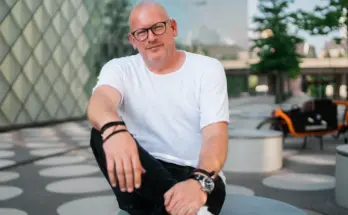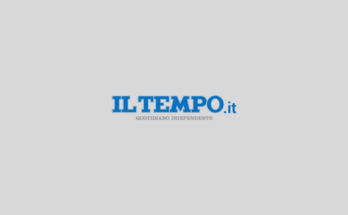By Sébastien Boussois, doctor of political science
For many years, we have wanted to repeat that the United Arab Emirates will be the laboratory of the new world, an exemplary country where modernity, success and stability blend seamlessly, where tolerance and openness will become unique characteristics in the Arab world. Dubai has become the giant screen of this collective fantasy: influencers with filtered lives, stars seeking tax exile, entrepreneurs bankrupt or on the run, fallen leaders seeking to be forgotten. The Confederation had become a smokescreen and capital catcher. Money doesn’t smell, especially in the Emirates. Although we praise its safety, cleanliness, luxury, excess and enviable political model, the reality remains stubbornly: the United Arab Emirates (UAE) has never stopped being an authoritarian power hidden behind a permanent show of modernist overtones. The country remains a haven for obscure wealth, offshore accounts, failed oligarchs, misbegotten capital and troubled businesses. This varnish is perfect, but includes mechanisms so flexible that it has long attracted another profile: that of European criminals, especially among human traffickers of French, Belgian or Dutch origin, who feel there is a paradise of almost perfect impunity.
It is in this context that the request of the French Minister of Justice, Gérald Darmanin, comes into play, which aims to obtain the extradition to France of about fifteen drug traffickers seeking refuge in the Emirates, involved in a network that is currently ravaging our cities with the scourge of drugs. This episode reveals the crux of the problem: despite the UAE state’s claims of openness and modernity, it plays only half the role of judicial cooperation. Especially if we know that the current president of Interpol is Major General Ahmed Naser Al-Raisi from the United Arab Emirates. States constantly play multiple roles and act in varying geometries, often based on economic or diplomatic interests, and never in continuity of real commitment. During the civil war in Syria, the first country to conduct business and initiate future reconstruction contracts, despite international sanctions against the Bashar al-Assad regime, was the United Arab Emirates. It is no coincidence that such countries often appear on the EU’s gray or black lists in relation to tax havens: banking controls there are more of a cosmetic effort than effective regulation. The country built its appeal on the assumption of perfect porosity: uncontrolled financial flows, easily diluted identities, the creation of fictitious companies, rapid real estate investment, and opaque financing circuits. All this is done under the wise but benevolent supervision of the authorities, as long as money circulates and feeds the machine. What can we say about gold flowing more freely in Dubai since the country supported General Hemedti in the bloody war in Sudan, as leader of the RSF (Rapid Support Forces), who exchanged their military support for access to gold mines, extraction and export directly to the petromonarchy?
This structural permissive attitude explains why some of the traffickers responsible for the social and security fire that engulfed France can settle quietly in Dubai: they open companies there, launder their earnings, live there without the slightest legal threat, while the violence they finance continues to wreak havoc in French, Belgian or Dutch neighborhoods. The irony is terrible: we sell weapons to a country that, at the same time, protects those who incite violence in that country. We shake hands with strategic partners whose certain practices directly undermine European security and run counter to the fundamentals of international law.
Of course, it would be naive to assume that this problem only concerns France. Drug trafficking has become one of the most structured parallel economies in Europe. In Belgium, the port of Antwerp is strangled by cocaine seizures, settlement shakes the entire country, and violent crime becomes increasingly professionalized. In the Netherlands, the situation has become so serious that the phrase “narcotics state” is no longer a caricature: journalists, lawyers and political leaders are being murdered by uncontrolled networks. Everywhere, from Madrid to Hamburg, from London to Paris, drugs circulate faster than institutions can react. And in the European criminal architecture, the UAE plays a clear indirect role: they serve as money laundering centers, organize logistics, concentrate revenues and provide a haven for thinkers. This is not just a blind spot: it is a strategic link that is time to be questioned and denounced. In the coming years, Dubai and Abu Dhabi will have to choose: continue to foster the ambiguity of a model based on money, whatever the risks, or assert themselves as reliable partners capable of taking part in the fight against the criminal economy that is destabilizing all of Europe.
Behind the glitzy décor of Dubai, a symbol of luxury and modernity, lies a much grimmer reality. The United Arab Emirates, praised for its stability and tolerance, is also home to a gray zone where bad luck, international trade and gold impunity are intertwined. Although France demands the extradition of drug traffickers seeking refuge in the emirate, judicial cooperation remains selective. Between an economic powerhouse, a financial center and a haven for criminals, the UAE plays an ambiguous role, oscillating between global showmanship and covert complicity in a system that undermines European security.

